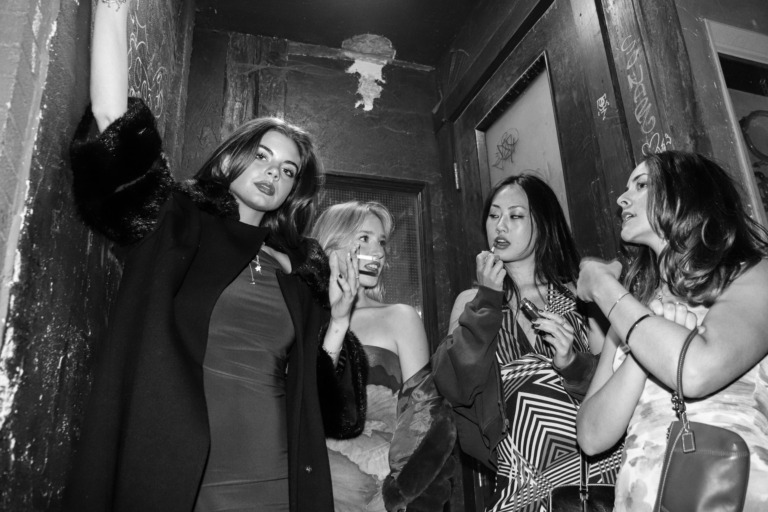
No more apologizing for mental illnesses
A change in attitude that ended the "Sorries."
Mental health is draining.
It’s not only draining on the individual experiencing it in their everyday life, but it’s also draining for the loved ones that surround them.
People with a mental illness are aware of this; so aware that it becomes internalized and causes this cyclical practice of apologizing whenever their mental illness pops up. Whenever it gets in the way of ordinary life, and enters the neutral territory of their friends lives too.
Stigmatization – and the fear of being stigmatized – is huge in the mental health community.
Over the years, conversations about mental health have gotten better, but there still lurks this feeling of difference and nonacceptance from peers.
The fear of telling or showing people what goes on inside your brain constantly nags.
So when people do discover the truth, to compensate for “ruining” friends and families lives with the existence of our mental illness – we apologize.
We over-apologize.
The words slip out so easily. They come to mind whenever that nagging, gnawing gut feeling of being a burden sets in. And before you know it, “I’m sorry” sounds like a broken record.
Those two words are loaded like a gun with the ammunition of mental illness: depression, anxiety, OCD.
The trigger is pulled every time negative thoughts make it impossible to think of yourself as something other than a nuisance. The gun never runs out of ammunition, but one day the trigger needs to stop being pulled.
To stop pulling the trigger, people need to start looking at mental health in a different light. No longer seeing themselves as the burden, but seeing themselves as a living being with a burden on their shoulders.
I wasn’t the burden to others; my mental health was a burden to me.
It’s the difference between “I am” and “I have” that changed everything.
I spent so much time apologizing because there was the thought that mental illness was my defining characteristic. That there was a need to apologize because I was different. But in doing so, I was forgetting about the person I am.
There’s this pressure to fit in and to assimilate that goes hand-in-hand with the expectation to apologize when you don’t. It’s present in dialogues of LGBTQ+ issues, and racial conflict, but it’s also present in conversations of disabilities – both mental and physical.
Society is so quick to judge and determine a person’s worth based off of terminology. Words like “OCD,” “depressed,” “anxious,” and “psycho,” become the words that are associated with a person’s character. That’s when the apologies start flowing.
Having a mental illness doesn’t define a person. And it’s foolish to expect an apology for things that people have no control over.
Let them define themselves. You don’t expect someone to apologize for a broken arm, or diabetes, so why mental illness?
Yes. I have a mental illness. No. I am not my mental illness. No. I won’t be apologizing for it anytime soon.






